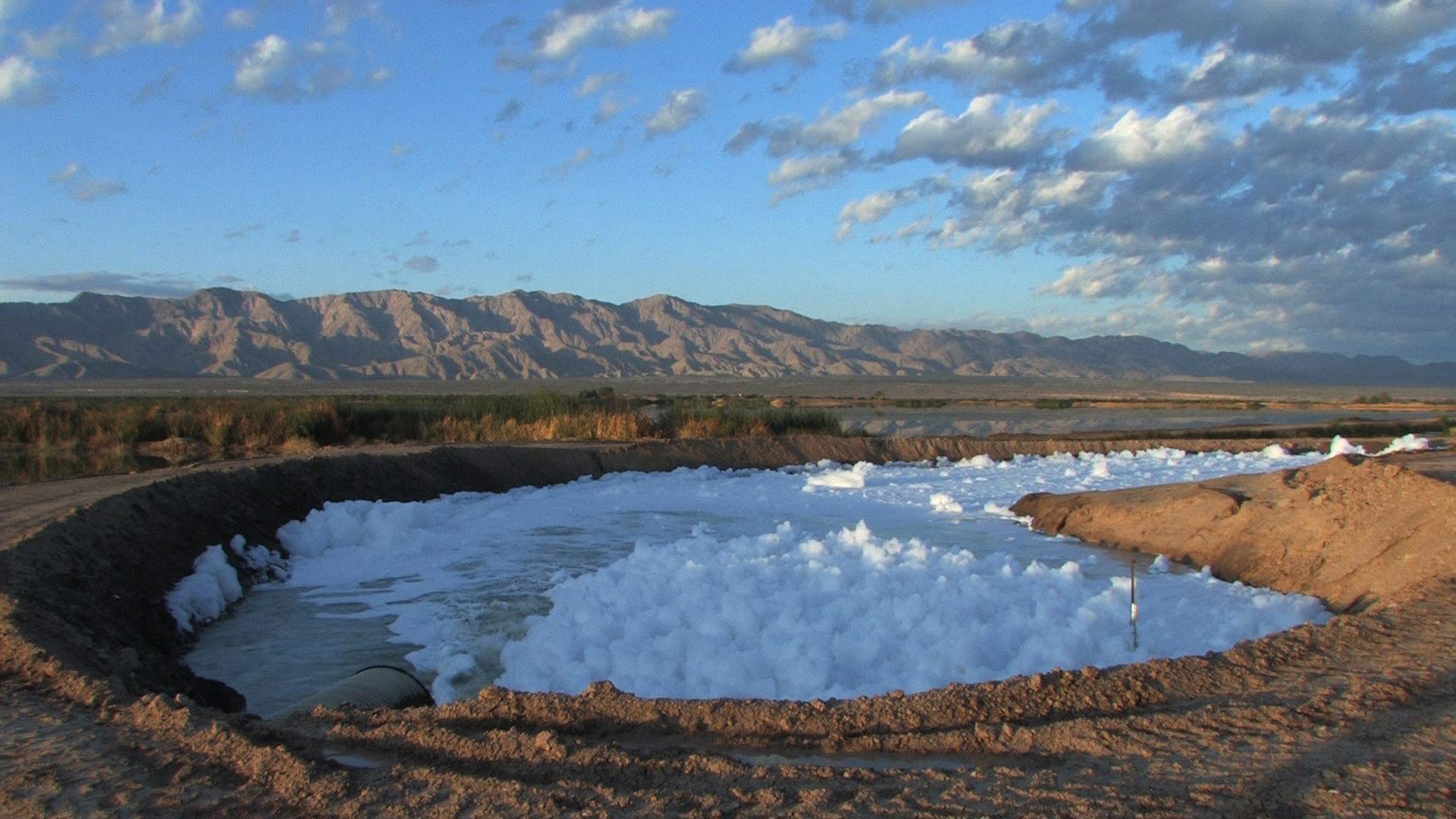Cynthia Hooper
For BRI's first CAPI presentation we invited artist Cynthia Hooper to give a presentation about her Humboldt Bay project; A Negotiable Utopia completed in 2014. The project was so expansive she could only speak about the Conservation part of the project. As you will see in the video, it's a fascinating and thorough look into the ecology of Humboldt Bay.
We have included subtitles for this video, if they do not play automatically, simply click on the CC button on the lower right.
ABOVE is one of six non-narrative observational documentary videos made for A Negotiable Utopia: The Humboldt Bay Project. "Conservation" inventories the many extensively mediated conservation zones that encircle Humboldt Bay, and meditates on the varied strategies deployed to restore lost wetlands and watersheds, battle invasive biomass, and remediate toxic industrial legacies. "Conservation", © 2014, single-channel color video, running time: 10 minutes.
Click to read the accompanying essay with this film, "CONSERVATION"





"My videos, essays, paintings, and interdisciplinary projects interpret varied water, waste, energy, agricultural, and urban landscape scenarios in the United States and Mexico, and also examine how political and environmental policies relentlessly reorder these environments. My work is generously observational, analytically engaged, and proposes a nuanced, reflective, and often sympathetic reception for the sites I examine. I have worked with Tijuana's complex urban environment and infrastructure, contested and politicized water issues along the U.S./Mexico border, as well as projects about California’s Klamath and Ohio’s Cuyahoga rivers. Recent work includes an investigation of the artificial wetlands of Mexico’s Colorado River Delta, as well as the built environment of California’s Humboldt Bay. My videos examine landscapes patiently and meditatively; imagery is incidentally captured as a result of many months of immersive production. The detailed research that informs and accompanies my videos attentively addresses potently political environments and issues, but also tempers polarizing discourse and resists reductive analysis. Carefully crafted aesthetic strategies work to collapse autonomous frames of reference into collective and relational ones; evidence-based narratives honor the diversity of perspectives and experiences that index the places." - Cynthia Hooper









